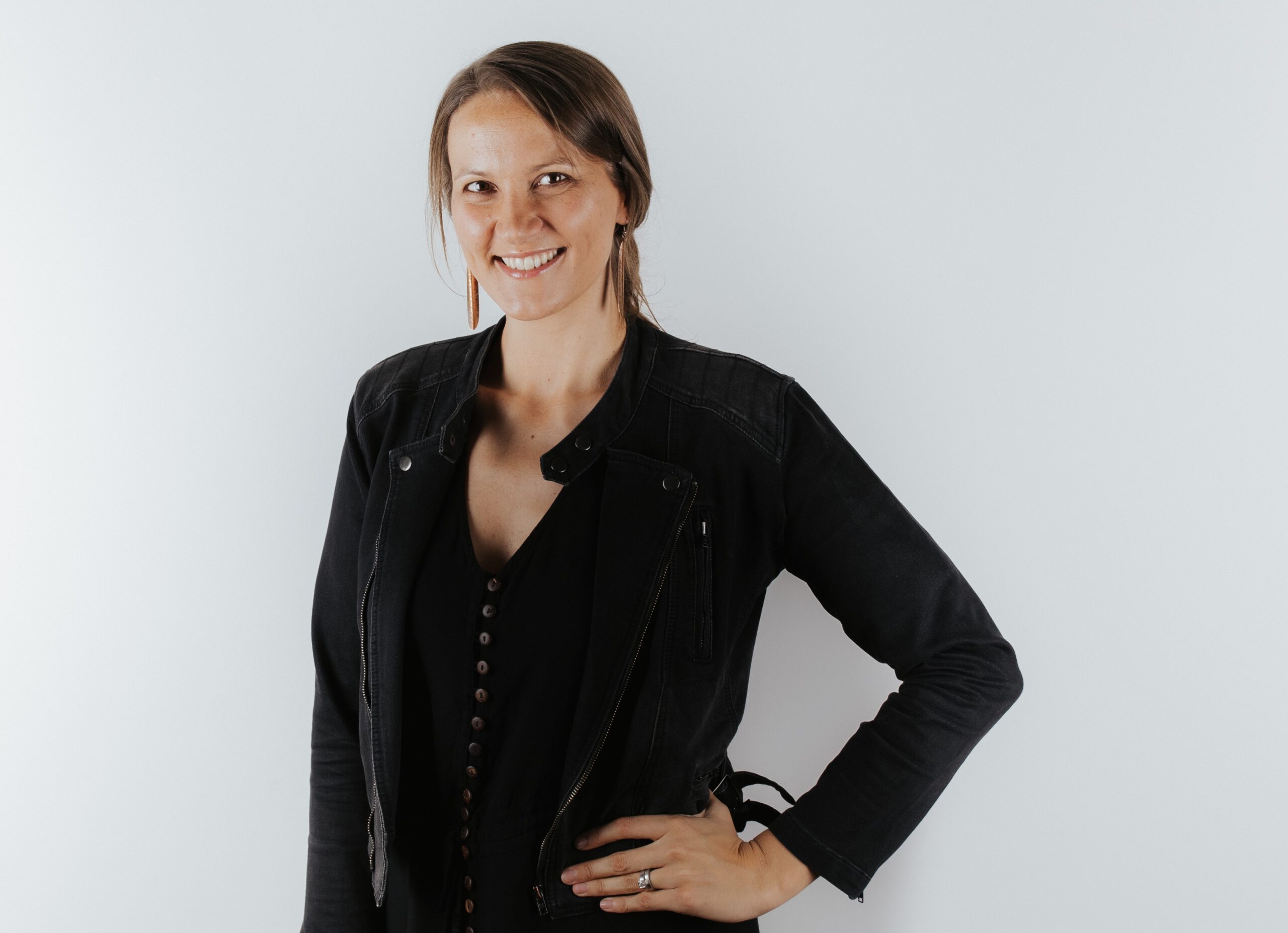Now’s good for business events
Gert Venter explains the changes Covid has brought to the events industry, and why events are now more crucial than ever for business success.
It’s time to look beyond the Covid uncertainty. Gert Venter, GM of the Lower Hutt Events Centre explains the changes Covid is bringing to the events industry, and why hosting events is now more crucial than ever for business success.
New Zealand is in a unique position. Kiwis are fortunate that they can still host events, connect, and go to concerts and large sports tournaments – something much of the rest of the world still struggles to do.
Despite the complexities that Covid-19 brings, New Zealand continues to deliver events and drive the recovery of its events industry, all while contributing to the overall economic recovery.
Gert Venter (pictured), general manager of the Lower Hutt Events Centre, says its short sighted to not hold events because you don’t want to spend the money, deal with the risk of another lockdown or you simply don’t think it’s necessary anymore.
“The benefits of hosting events are tremendous. Events bring people together, stimulate wellbeing, and connect and strengthen communities and networks, as well as benefiting the economy,” he explains.
Venter says Zoom calls have become ubiquitous in recent times, but they never fully replace the feeling of attending a ‘live’ event – “shaking someone’s hand and looking them in the eye, meeting new people, exchanging ideas, getting inspired, developing something new.
“It’s understandable that some businesses don’t want to hold events right now because of uncertainty, or for financial reasons. However, I believe this will impact further down the line,” warns Venter.
“With the travel bubble there are opportunities to bring people together. The hospitality industry’s contribution to the economy is significant, not just in dollars but also in its employment opportunities.”
Business conferences deliver a number of benefits, explains Venter. “Don’t think of them as just a meeting. Outside of formal sessions and speakers, they provide breakout sessions where, over refreshments, delegates can share ideas and network.
“Nothing beats an opportunity to do business face-to-face.”
The entire events value chain is supported when you host an event, and the local economy benefits, he adds. “It starts with producers, distribution, services, employment and the wellbeing of team members and delegates when there is purpose and human connection in your activities.”
The true cost of Covid
Gert Venter has first-hand knowledge of Covid’s impact on the events industry. Lower Hutt Events Centre had only been open for 18 months when the pandemic struck and it suddenly faced huge obstacles. 2020 was shaping up to be a bumper year. Instead it lost around $650,000 worth of business.
May 2020 saw $300,000-worth of business slip through their fingers. “We only had three small meetings as a result of moving to Level 2 in mid-May and made just $1,700,” he recalls.
From July last year bookings have returned to 70 percent of pre-Covid levels.
To encourage more bookings, Lower Hutt Events Centre has implemented a ‘No Regrets’ booking policy, which allows an event to be moved or cancelled with no penalty, should there be another lockdown.
“It’s like an insurance policy for clients and is one way to reduce or remove obstacles to planning an event,” says Venter. “We implemented this policy because you need to be sympathetic to the risk and we want to work with clients to deliver their event. Their success is our success ultimately.”
A new agility and approach
It goes without saying that the significant disruptions of coronavirus have required the hospitality industry to be agile, think outside the square, and continuously improve and innovate to stay afloat, Venter says.
“While the hospitality industry has been proactive by developing strategies to attract customers, I think the sector needs to really look at itself when it comes to the experience it offers.”
He believes the food and beverage experiences at some conferences he has attended have been sub-standard and that reflects negatively on the event.
“We have a responsibility to provide something to the client that is going to make that event memorable. The programme is important, yes, but a wonderful experience and ultimately a good quality meal is what people remember.
Value is important too, he says. “However, my advice is don’t always chase margins. Ask what is the long-term investment in the event and the attendees? Good quality food and beverage and service are what people are still going to take away and talk about from their experience.
“Ultimately a client’s successful event is also our success. Lower Hutt Events Centre has positioned itself not just as a conference venue, but also as a cultural wedding venue.
“We have differentiated ourselves with the quality and presentation of food created by an in-house culinary team, led by chef Ashish Dhar, who has a background working in five-star hotels and restaurants internationally. Ashish offers complimentary sample menu tastings for all those booking a wedding or conference.
“As far as we are aware no-one else offers this service but the offering is so critical,” says Venter. “Why? Because you need to go the extra mile to attract clients, build a solid reputation and have them come back for more. Also, as far as weddings and other major events go, you only have one shot, and one moment in your lifetime, so our clients need to have full confidence in the food and experience they receive.”
Positioning Lower Hutt Events Centre as a preferred cultural wedding destination has proved very successful. “We have hosted numerous Indian and Islander weddings which consist of large numbers of guests, and we offer a ‘one stop shop’ experience which is thoroughly enjoyed by our clients,” says Venter. “We differentiate ourselves through the quality and presentation of our food and the flexible solutions that address the needs of our clients.
“The space also lends itself to other large-scale events that bring communities together. We have previously hosted the Home and Interiors Show, the Baby Show, and annual Champions Lunch and hope to do this again in the future.”
Lessons on the job
Through experience Venter has learnt that quality, consistency, and flexibility to work with the client to achieve their goals, is a recipe for success. “You gain respect and loyalty by incorporating these principles into your business.
“Our business is all about relationships. Focusing on establishing Lower Hutt Event Centre as a leading, purpose-built events venue has required us to build strong collaborative relationships.
“We talk a lot about online presence and for me that has really come to the fore. If you don’t have a focus on getting your shop window as tidy and responsive as possible, you miss opportunities.”
Feedback and predictions
Venter says the Events Centre is now mostly focused on domestic business, and they are optimistic about the future.
“Our current booking pace is averaging about 90 days out and customers who have used us are extremely satisfied with the outcome. We receive compliments about the quality of our food and the approachability of the entire team.”
Despite the Covid restrictions he believes there are opportunities in New Zealand to really push the boundaries and host more exciting and vibrant local events. “To remind clients and business owners that nothing really beats face-to-face events that foster unforgettable experiences and deliver food that leaves lasting memories.
“We have the resilience to get through this unprecedented time because we were the first industry to fall over and the last to stand up,” Venter says.
“At the end of the day, if we offer our clients value and deliver an incredible experience, operating with innovation and within the bounds of the current environment, then the business will keep coming.”






